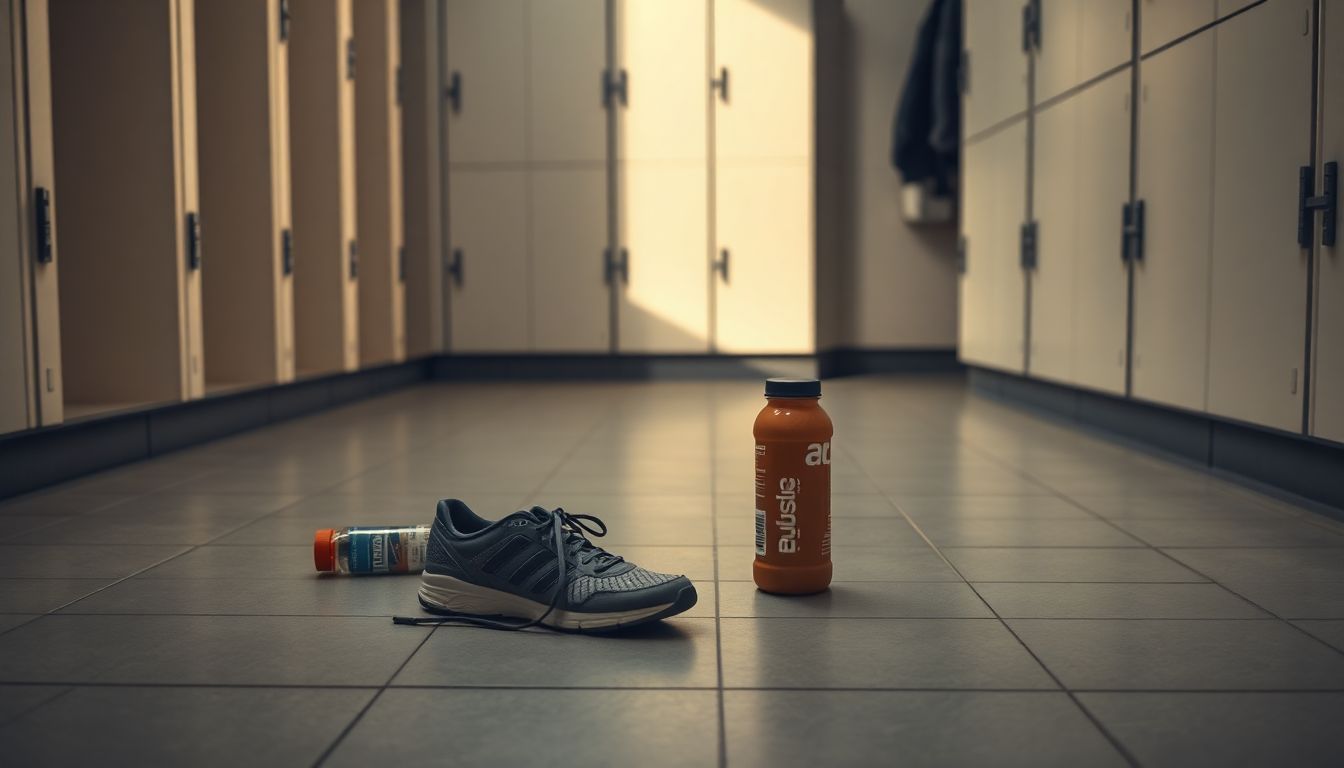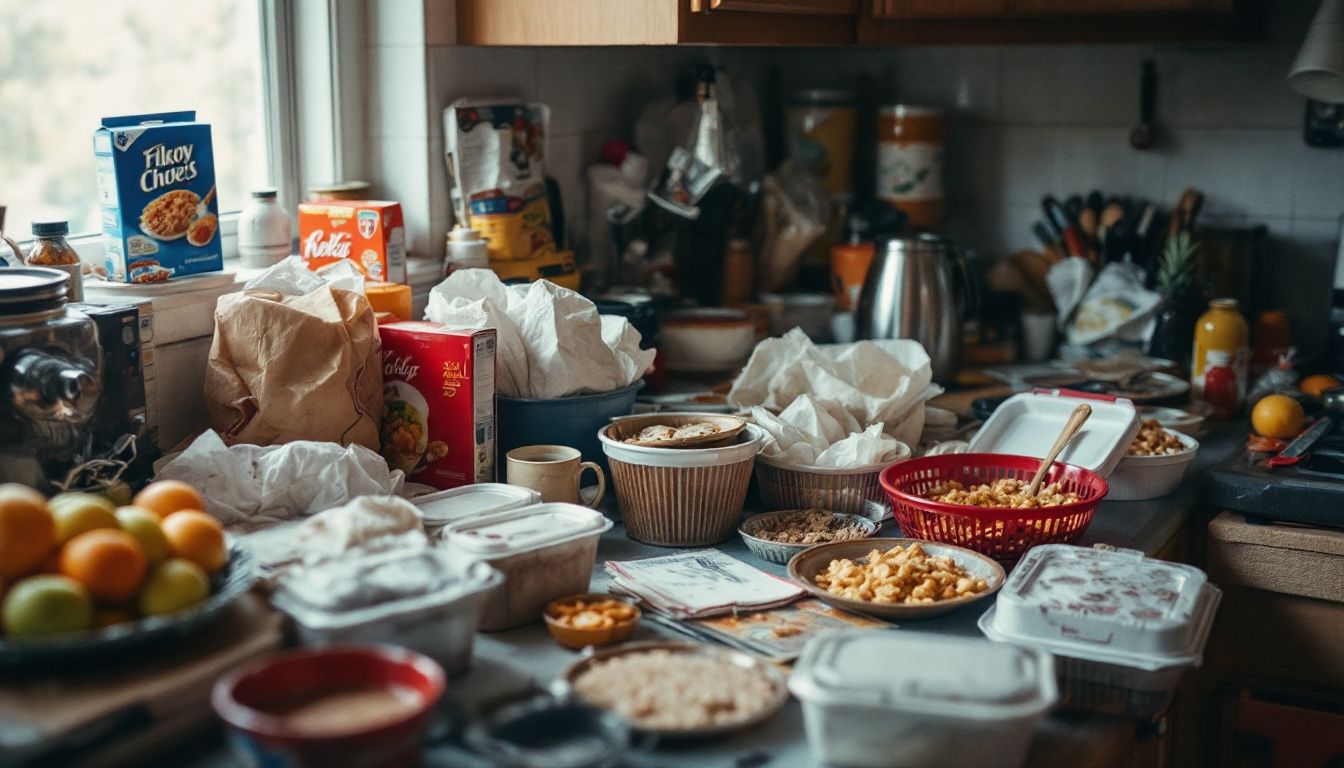Feeling tired, weak, or hungry all the time? You might not be eating enough protein—a key nutrient your body needs for energy and muscle health. This guide will explain how to spot signs of low protein intake and share simple tips to fix it.
Thank you for reading this post, don't forget to subscribe!Keep reading to learn more!
Key Takeaways
- Low protein intake can cause fatigue, constant hunger, muscle loss, brittle nails, thinning hair, dry skin, and trouble focusing.
- Sedentary adults need about 53-65 grams of protein daily depending on their weight; athletes may require up to 1 gram per pound of body weight.
- Protein helps repair tissues, supports muscle health, boosts energy levels, and strengthens the immune system.
- Older adults and those recovering from injuries or surgery need higher protein amounts for healing and strength maintenance.
- Good protein sources include lean meats, beans, lentils, and whole grains for a balanced diet.
Signs You Might Need More Protein

Protein deficiency can sneak up on you. Constant hunger even after meals may signal low protein intake. Your body craves balance, and without enough amino acids from dietary protein, it might demand sugary carbs instead.
A loss of muscle mass is another red flag—less strength during workouts or resistance training could mean your muscles need support. Other clues include swollen hands or feet (edema), brittle nails, thinning hair, and dry skin.
Fatigue and trouble focusing also hint at a lack of protein-rich foods in your diet.
“Your body speaks—it’s up to you to listen.”
How Much Protein Do You Need?
Your daily protein needs depend on factors like body weight, activity level, and age. Here’s a handy chart to help you understand the protein requirements for different lifestyles and groups:
| Category | Body Weight | Protein Requirement | Example |
|---|---|---|---|
| Sedentary Adults | 140 lbs (64 kg) | 53 grams/day | A 50-year-old, inactive woman |
| Sedentary Adults | 180 lbs (82 kg) | 65 grams/day | An inactive man |
| Athletes | 180 lbs (82 kg) | 90-180 grams/day | A marathon runner |
| Older Adults | 180 lbs (82 kg) | 82-130 grams/day | A man over 65 |
| General Guidelines | Varies | 10-35% of daily calories | Any adult |
These ranges provide flexibility based on individual needs. For example, a 140-pound person should aim for around 53 grams of protein daily if inactive. Athletes require more—up to 1 gram per pound of body weight. Older individuals may also benefit from consuming higher amounts. Always consider your activity level and health goals.
Why Protein is Essential for Your Health
Protein helps build and repair tissues. It supports muscle growth, strength, and overall muscle health. Without enough protein intake, the body may experience muscle loss, slower metabolism, and decreased physical performance.
For older adults or those recovering from surgery or injuries, getting enough daily protein is especially critical for healing and maintaining strength.
Hair becomes brittle, nails develop ridges, and skin dries out with low protein levels. Protein-rich foods also boost elastin and collagen production—keeping connective tissues strong.
The immune system weakens without adequate amino acids from quality proteins found in lean meats or plant-based foods like beans or lentils. This can lead to more frequent illnesses and slower recovery times.
Conclusion
Eating enough protein keeps your body strong and healthy. It supports muscle health, boosts energy, and helps with weight management. Watch for signs like fatigue or slow healing—they might mean you need more protein.
Choose lean protein, plant-based foods, and whole grains for a balanced diet. Focus on daily needs to feel your best every day!
References
- https://blog.ultrahuman.com/blog/protein-deficiency-8-signs-that-your-body-needs-more-protein/ (2022-03-24)
- https://www.webmd.com/diet/ss/slideshow-not-enough-protein-signs (2024-08-31)
- https://www.health.harvard.edu/blog/how-much-protein-do-you-need-every-day-201506188096 (2023-06-22)
- https://www.health.harvard.edu/nutrition/are-you-eating-enough-protein
